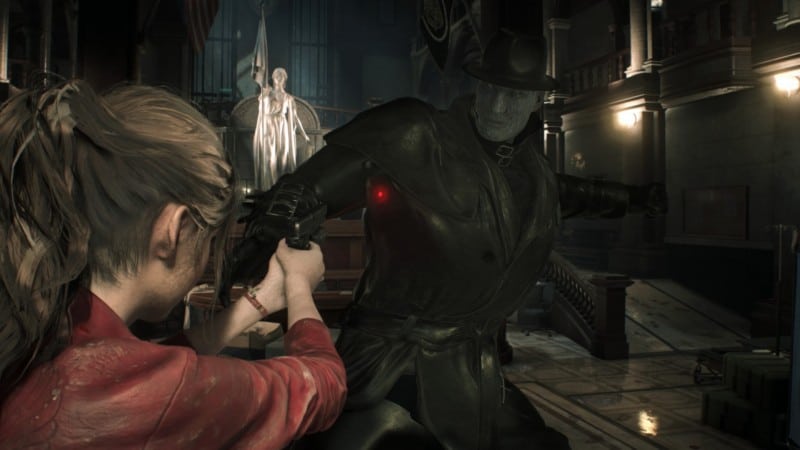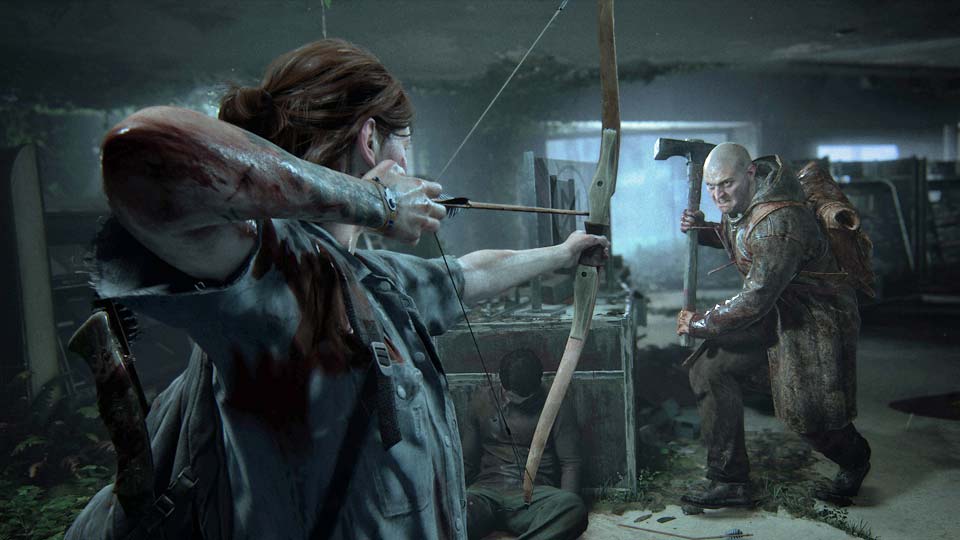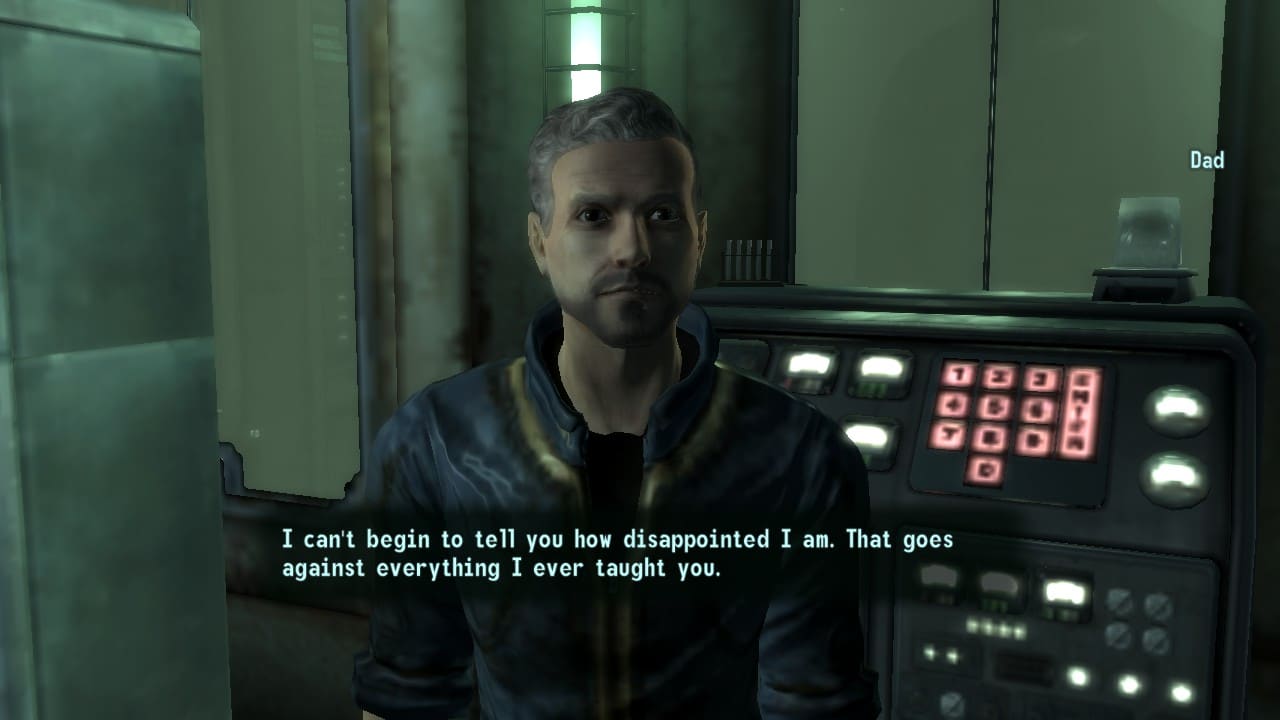Time and time again, video games have been blamed for violent acts from people in positions of power with little or no evidence backing up their claims. And yet, as soon as the dust settles and even before all the facts have come to light, politicians are already calling for probes into the gaming industry with the hopes of forcing game companies to abide by their rules. While, at the same time, turning a blind eye to other contributing factors such as hatred and gun control. Sure, they get a passing mention but it’s always video games that take the blunt of the blows.

For the past few decades, politicians in the United States have taken a more active role in the fight against violent video games. With the industry becoming more and more mature as their then target audience grew up, a need for more mature games on the market emerged. Enter Mortal Kombat, one of the games that changed everything. The game’s depiction of gore and violence did not sit well with both politicians and parents. Investigations during ‘93 and ‘94 led to the creation of the ESRB, a move that ensured that the games industry is self-regulated.
That’s all well and good, right? No.
Here’s the thing, all new media undergoes some sort of acceptance period within a society. Once upon a time, TV’s and comics were seen with much disdain until they were widely accepted. Video games, on the other hand, are having a much harder time gaining recognition as it seems like they are being blamed for every mass shooting that occurs.
The moment investigators reveal that a certain video game is connected to the shooter(s), it is somehow the game’s fault that the person ended up committing the act. Now, I’m not saying that it is entirely impossible for the perpetrators to use video games in a sort of sick simulation leading up to the shooting. (like the supposed custom Doom maps that the Columbine shooters may have used to plan their assault.) Cases like this are definitely the exception, not the rule. There are many factors that contribute to the making of a mass shooter.

Investigations into the private lives of the shooters reveal that the vast majority of them are suffering from some form of depression. The Munich gunman back in 2016 took an entire year planning his attack. The initial reasoning behind his attacks – he was a mentally troubled individual who extensively researched rampage killings.
So, mental illness pulled the trigger, huh? Not likely. Not if research is to be believed.
According to research, some mass shooters do in fact have a history of mental illness. But the vast majority do not. Other factors like a strong sense of resentment, a history of domestic violence, attention, and, dare I say it, access to firearms contribute to the behavior.
The El Paso shooter references the Christchurch shootings. Combined with his intention to spread the cause, it is evidence enough that the shooter was greatly influenced by the Christchurch shooter and became a copycat of the shooter. This also ties in with the El Paso shooter’s White Supremacy notions against the Hispanic community that was posted on 8chan.
If you take a second look at the coverage of the Munich gunman, there is a brief mention that the shooter was an avid player of first-person shooter video games, including “Counter-Strike.” If that’s not an obvious sign that blame is being directed towards video games, I don’t know what is.

With regards to the El-Paso shooter, the mere mention of “Call of Duty” in his manifesto was enough to imply that violent video games are somehow involved in all this. Heck, journalists need only say the words “video games”, and the automatic response is triggered.
A common argument I’ve heard many times is that people prone to violence use video games as a sort of rehearsal for their eventual act of violence. I would argue that anyone prone to be being influenced by a certain medium speaks more of that person not being able to distinguish reality from fiction and NOT about the medium triggering violent behavior within the said person. But that’s just my opinion.
With that being said, I do take note of research that’s both for and against video games. It’s hard to dismiss anything nowadays even politicians are rehashing old and terribly outdated research. But somehow, the old biases stay alive. Much like President Trump’s comments hours after the attack.

“I”m hearing more and more people saying the level of violence on video games is really shaping young people’s thoughts, ” President Trump said back in 2018. “And then you go the further step, and that’s the movies. You see these movies, and they’re so violent, and yet a kid is able to see the movie if sex isn’t involved, and maybe they have to a rating system for that.”
(The President seems to forget at times that’s the job of the ESRB ratings board. But these days, they are more concerned over loot boxes than anything else.)
President Trump pointing fingers at any one factor (like video games and mental illness) is dangerous and could lead to the wrong line of thinking. Putting people with mental illness at risk of becoming the monsters people paint them out to be.
Video games have come a long way since the days when children used their imaginations to turn a bunch of pixels on a screen into something as fantastical as dragons, or spaceships. Nowadays, little is left to the imagination as graphical fidelity increases in leaps and bounds. But it seems like that kind of forward progress trigger images of gore and disgust to the point that people will believe that individuals taking part in the activity will be desensitized and be removed of empathy. (Despite the fact that there is a growing amount of evidence dismissing said claims.)

I may be going on a tangent here but it’s the final note, cut me some slack.
I would just like to say that most of the arguments against video games in general, stem from a “think of the children” kind of thinking. Which to me, is utterly ridiculous. First off, it is the parents’ responsibility to keep such material away from children. The very notion that parents’ are somehow not responsible for their children’s actions is very weak at best. It is poor parenting on their part. And if exposure to the content is unavoidable, it is also the parents’ job to educate them on such sensitive matters.
I think that’s everything pertaining to the topic. Of course, I can go all and all about video games being a political tool that politicians use to blanket over other undesirable issues. (I’m looking at you, loose gun control laws.) But that goes well beyond the scope of this article.
If you want more information on the topic, Google is the place to be. There are plenty of research on the topic. (If you can get past the whole Japan has no mass shootings meme, that is.)
